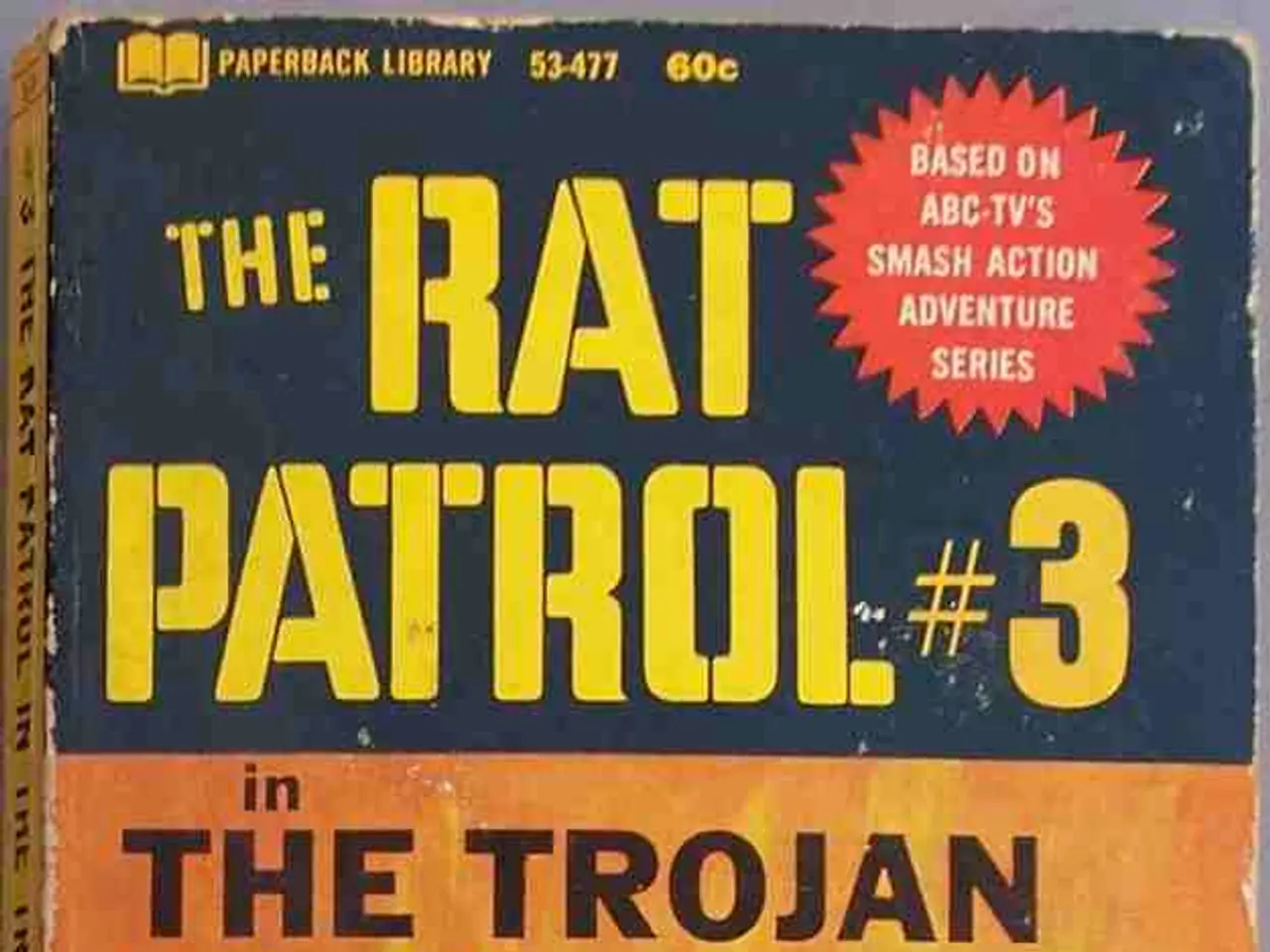ConflictLiterature: The Iraqi Military Conflict
In commemoration of the 20-year anniversary of the start of the Iraq War, the War Books series is inviting experts to share their top recommendations for books that offer valuable insights into this complex conflict. This week, we focus on a selection curated by retired Army Colonel Frank Sobchak, who co-edited the US Army's official history of the Iraq War and is currently the chair of irregular warfare studies at the West Point website.
1. "Training for Victory: U.S. Special Forces Advisory Operations from El Salvador to Afghanistan"
This book by retired Army Colonel Frank Sobchak is a must-read for those seeking to understand aspects of the Iraq War and other U.S. Special Forces advisory operations. Sobchak critically examines U.S. military advising efforts, including those in Iraq, to understand why some advisory missions succeeded while others, like in Afghanistan, failed. He argues that U.S. failures in building partner forces are not due to the inherent difficulty of the task but rather because it has never been taken seriously enough. Sobchak analyzes five case studies—El Salvador, Colombia, the Philippines, Iraq, and Afghanistan—offering insights into security force assistance and partner-building challenges.
2. "The U.S. Army in the Iraq War, Volume I and Volume II"
This two-volume set, edited by Joel Rayburn, Frank Sobchak, Jeanne Godfroy, Matthew Morton, James Powell, and Matthew Zais, offers an in-depth look at the Iraq War at the operational level. With unprecedented access and hundreds of interviews, the team declassified over thirty thousand pages of documents to provide a comprehensive account of the period from the end of Operation Desert Storm to the return of US forces to Iraq in 2014 to counter the Islamic State threat.
3. "The Endgame: The Inside Story for the Struggle for Iraq, from George W. Bush to Barack Obama"
Written by Michael Gordon and Bernard Trainor, this book provides a unique insider's perspective of the Iraq War, covering the period from the fall of Saddam to the eventual withdrawal of US troops. Michael Gordon is an author known for his in-depth research and understanding of the strategic level of the Iraq War.
4. "The Unraveling: High Hopes and Missed Opportunities in Iraq"
Emma Sky, a British civilian who served as part of the Coalition Provisional Authority and as a political advisor for General Ray Odierno during several tours to Iraq, offers a personal account of the conflict in her book, "The Unraveling: High Hopes and Missed Opportunities in Iraq." This book provides a unique insider's perspective of the failures of the Bush administration and the missteps of the Obama administration.
5. "Plan of Attack"
Bob Woodward, an American journalist known for his access to sources, covers the road to the Iraq War and its mistakes in his book, "Plan of Attack." This book is considered the best single volume testament to the mistakes made during the Bush administration's decision to invade Iraq.
6. "Black Hearts"
Jim Frederick's book, Black Hearts, covers the Mahmudiya/Yusufiya war crime in Iraq, a critical read for leaders to understand the combination of bad leadership, savage combat, and criminal brutality. The Mahmudiya/Yusufiya war crime has been used as a case study in several professional military education settings. However, it is a difficult read for professional Army officers due to its coverage of a war crime.
The views expressed in this article do not reflect the official position of the United States Military Academy, Department of the Army, or Department of Defense. The War Books series is a resource for MWI readers who want to learn more about important subjects related to modern war and are looking for books to add to their reading lists. A new installment of the series is being released every Friday.
- Retired Army Colonel Frank Sobchak, in his book "Training for Victory: U.S. Special Forces Advisory Operations from El Salvador to Afghanistan," critically examines U.S. military advising efforts, including those in Iraq, to understand their successes and failures, particularly in building partner forces.
- For a comprehensive account of the Iraq War at the operational level, readers should consider the two-volume set, "The U.S. Army in the Iraq War, Volume I and Volume II," edited by Joel Rayburn, Frank Sobchak, Jeanne Godfroy, Matthew Morton, James Powell, and Matthew Zais.
- Michael Gordon, known for his in-depth research on the strategic level of the Iraq War, provides a unique insider's perspective on the Iraq War in his book, "The Endgame: The Inside Story for the Struggle for Iraq, from George W. Bush to Barack Obama."
- In "The Unraveling: High Hopes and Missed Opportunities in Iraq," Emma Sky, a British civilian who served as part of the Coalition Provisional Authority and as a political advisor for General Ray Odierno, offers a personal account of the conflict from her perspective.
- Bob Woodward, in "Plan of Attack," covers the road to the Iraq War and its mistakes, offering readers a testament to the errors made by the Bush administration in their decision to invade Iraq.
- "Black Hearts" by Jim Frederick is a critical read for leaders to comprehend the combination of bad leadership, savage combat, and criminal brutality, particularly in the context of the Mahmudiya/Yusufiya war crime in Iraq, which has served as a case study in several professional military education settings. However, its explicit coverage of a war crime makes it a challenging read for professional Army officers.







